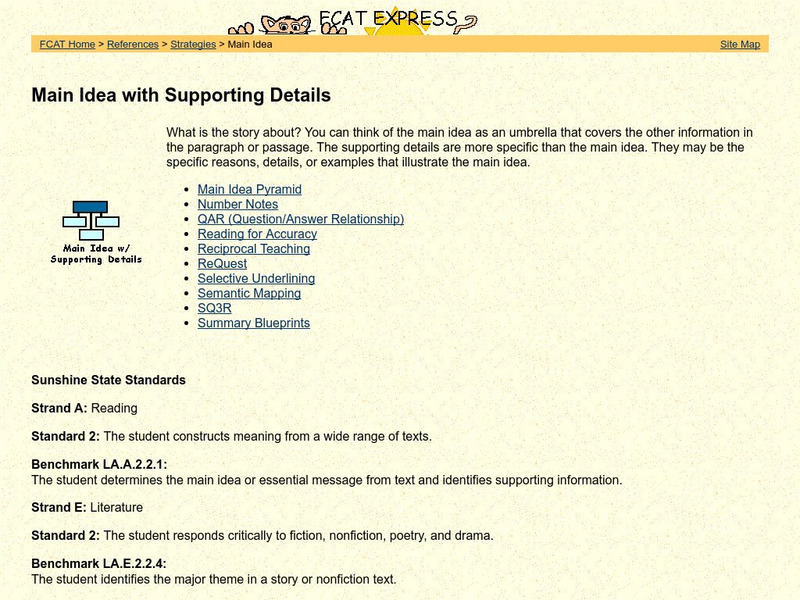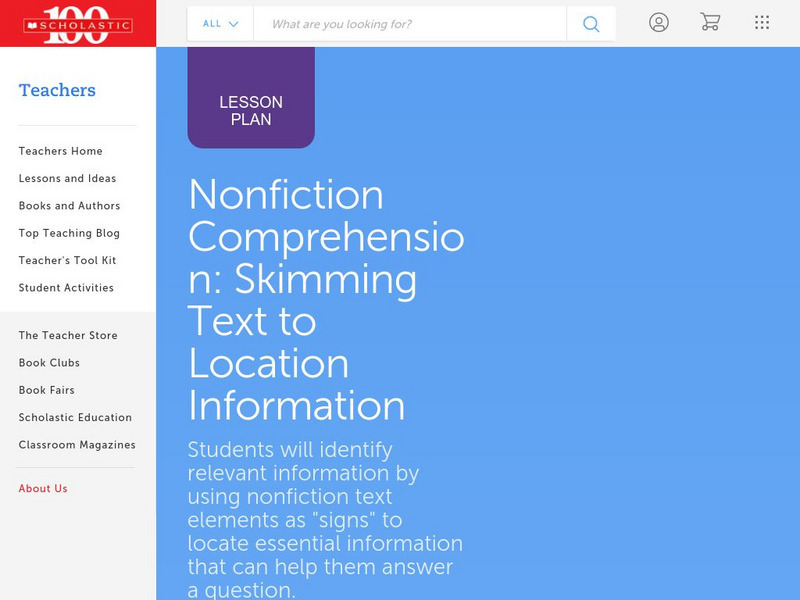Read Works
Compare and Contrast Editorials
Does your class know what an editorial is? Introduce the genre to them with this plan. First, the teacher models how to read an editorial and compare and contrast. Next, the class has a chance to analyze editorials written by their own...
Alabama Learning Exchange
The Earth Has Many Layers
Students conduct an experiment. In this Earth's layers instructional activity, students learn about soil, sand and rock. They complete their own Jell-O Mountain and investigate the Earth's layers on-line.
Curated OER
Don't Fence Me In
Ensure that your class has a well-rounded understanding of new inventions, in this case barbed wired. Class members, after researching the history and development of barbed wire, assess its impact on cattle and the development of the...
Curated OER
Garden Grid
Basically, your class reads about different garden plants from an included handout and seed packets that you provide, and then uses a grid to plan out where to place the plants. They can practice counting with the seeds, grouping,...
Curated OER
The Peanut Wizard
Peanuts inspire this lesson about George Washington Carver, called The Peanut Wizard in the included informational text. Class members read about peanuts and George Washington Carver and create a timeline of his life. In addition, pupils...
Curated OER
Bread in a Bag
This lesson focuses on making bread, but also spends some time on the origins of wheat. In order to make the bread, each class member receives a kit full of the materials they will need. Included here is a detailed list of instructions...
Curated OER
Ag In The Outfield
Young scholars explore baseball. This is a cross-curricular plan that includes math, history, and agriculture. Pupils use their five senses to observe the materials a baseball is made from and identify the agricultural products used. In...
Curated OER
Wheat: From Field to Oven
How does wheat go from the seed to the table? While focusing on main ideas and supporting statements, class members read an excerpt about wheat production and complete a worksheet. The end goal is a display that shows the different...
Curated OER
Mighty Earth Movers
Note that although the publisher lists almost all of the Common Core standards for both math and language arts, you will most likely want to take the general topic and choose which area to focus on. Regarding math, pupils measure worms...
Curated OER
Just Lookin' For a Home
What is a boll weevil? Your class can find out that and more by following the activities included here. Pupils read an article, sing a boll weevil song, add to the song with their own original lyrics, illustrate the song, study the...
Curated OER
Back to the Farm
Read up on farming and ranching and connect this information to your learners' lives. After reading, send class members home to fill out a family tree and trace their family history, focusing on farming and ranching backgrounds. Once...
University of South Florida
Fcat Express: Semantic Feature Analysis
Site provides extensive assistance in preparing 4th grade students for Florida Comprehensive Assessment Test. This section on semantic features helps students recognize supporting details as they read.
University of South Florida
Fcat Express: Selective Underlining
Site provides extensive assistance in preparing 4th grade students for Florida Comprehensive Assessment Test. This section focuses on identifying main ideas and significant details by selectively underlining them in a text.
Other
Curriculum Associates: Determining Theme or Central Idea [Pdf]
In this reading comprehension lesson unit, students are guided in learning how to find the main theme or idea of a text and understanding how details in the text convey that. Includes lots of exercises and examples, as well as...
University of Houston
University of Houston: Extra! Extra! What's the Big Idea?!
Get the feel of running a newspaper by selecting articles and pictures. If you are interested in checking out real newspapers, there is a clickable list of online newspapers for younger readers.
University of South Florida
Fcat Express: Main Idea With Supporting Details
Strategies to help students recognize main ideas and supporting details provided by a standardized test preparation site intended for fourth grade. Includes strategies such as Main Idea Pyramids, Number Notes, QAR (Question/Answer...
TeachEngineering
Teach Engineering: Pingus Penguins: Writing Good Instructions
Students use the free computer game Pingus to learn how engineers, specifically environmental engineers, use their technical writing skills to give instructions and follow the instructions of others. Students learn to write instructions...
CommonLit
Common Lit: What Is Antarctica?
CommonLit.org is a wonderful resource to use in a Language Arts classroom. Each story or article is accompanied by guided reading questions, assessment questions, and discussion questions. In addition, students can click on words to see...
Read Works
Read Works: Lesson 2: First and Last Sentences (Passage)
[Free Registration/Login Required] Students comprehension will be reinforced as they reading first and last sentences of paragraphs. Direct teaching, guided practice, and independent worksheets are available for this third grade lesson.
Better Lesson
Better Lesson: A Storm of Ideas
The first step in writing an informational text on the topic of students' choice is helping the student choose a topic of interest. Students will brainstorm ideas that will be possible final topics.
Scholastic
Scholastic: Lesson Plan for Nonfiction Comprehension: Skimming Text
Build comprehension by developing reading strategies for use with nonfiction text. This lesson focuses on teaching learners to recognize text elements as clues to help them quickly locate key information in text.
Beacon Learning Center
Beacon Learning Center: Web Lesson: Did I Read It: Implicit vs Explicit Details
Follow Carson through a instructional activity in order to become a better reader of informational text. Learn the difference between implicit and explicit information. Includes multiple interactive assessments and reading activities.
Curated OER
Mc Graw Hill: Part 2 Reading: Determine Main Idea and Supporting Details
Use this example to see if you understand how to pick out the main idea and supporting details to that main idea.
Curated OER
Mc Graw Hill: Part 2 Reading: Determine Main Idea and Supporting Details
A reference article for students to learn about how to determine the main idea and supporting details from the text. Click on the Model for an example with explanation and then click on Practice for a practice exercise.


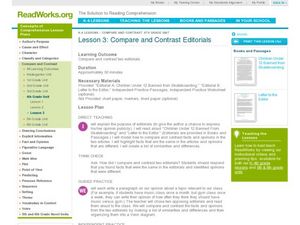

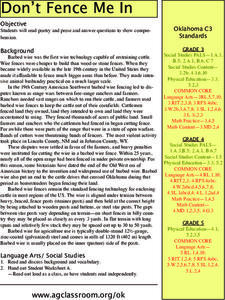







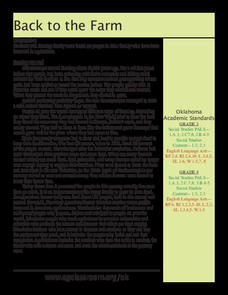

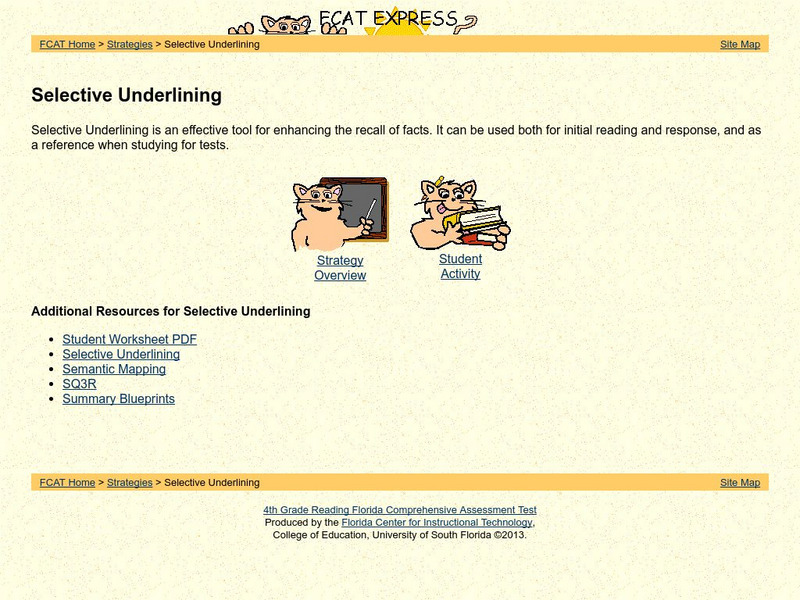
![Curriculum Associates: Determining Theme or Central Idea [Pdf] Lesson Plan Curriculum Associates: Determining Theme or Central Idea [Pdf] Lesson Plan](https://d15y2dacu3jp90.cloudfront.net/images/attachment_defaults/resource/large/FPO-knovation.png)

